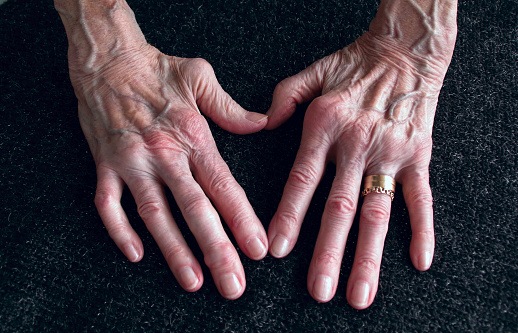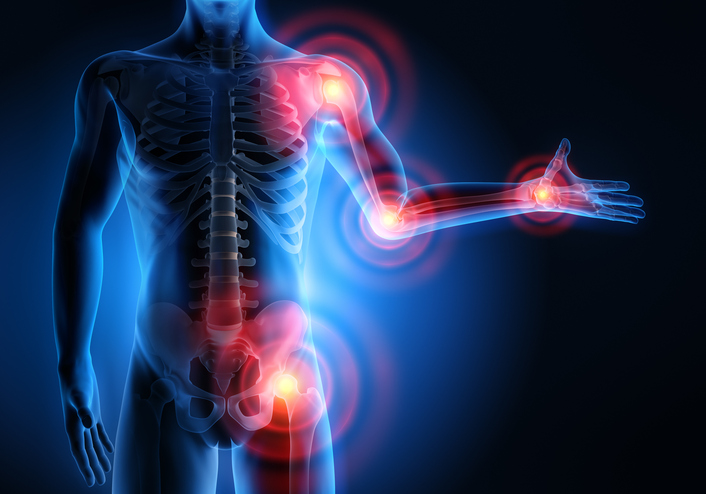
People living with rheumatoid arthritis (RA) experience ups and downs with respect to their symptoms. As noted by the Arthritis Foundation: “One day, your joints feel pretty good. The next, swelling and pain ratchet up and you can barely get out of bed. These symptom episodes – called flares – can be unpredictable and debilitating. Because symptoms differ from person to person, doctors have had trouble agreeing on a standard definition to guide them in treating flares.”
That said, here are a list of factors that may contribute to aggravating RA and increasing the risk of flare-up episodes:
Nonadherence to Therapy
To ensure optimal control of your RA, it’s imperative that you stick to the treatment regimen your physician puts you on. Failure to adhere to said regimen may include not filling your prescription, not taking your medications as directed, as well as foregoing exercise, and skipping appointments. This nonadherence, whether unintentional or not, can cause a flare in your RA symptoms. If you’re a patient who’s having difficulty sticking to your prescribed treatment regiment, it’s incumbent upon you to communicate with your physician, who can work with you to devise a regimen that works for you.
Diet
To mitigate RA symptoms, it’s always best practice to eat the right foods, as and avoid foods that are high on sugar, saturated fats, trans fats, omega-6 fatty acids, MS, gluten, aspartame, and alcohol can trigger inflammation. Instead, try to focus on anti-inflammatory foods and drinks such as red wine, tea, health herbs and spices (i.e., turmeric, curry powder, ginger and garlic), and proteins like fish (i.e. salmon, herring, and black cod), as well as healthy fats such as walnuts, and avocados.
Sedentary Lifestyle
RA patients should avoid living a sedentary lifestyle, while exercising to manage their symptoms, as physical activity improves muscle strength, as well as joint and bone functionality. In addition, rest is also crucial and goes along way toward restoring the body following episodes of pain or fatigue. Living a sedentary lifestyle counteracts the benefits of exercise and rest, and can increase episodes of inflammation, and extreme fatigue. However, while staying active is beneficial for RA patients, it’s important not to overexert yourself, and to respect your pain signals. In time, RA patients should come to recognize their limits and know when to stop before pushing those limits result in flare-ups.
Stress
The findings of a previous study suggest possible link between stress and RA symptoms, and many RA patients can actually recall a stressful or traumatic life event prior to the onset of their disease and can draw a correlation between stressful occurrences and RA flare-ups. Suffice it to say, mitigating stress is a good strategy for keeping RA symptoms in check.
Smoking
As we all know, smoking is bad on all levels, and has no positive affect on any disease – and its effects on RA are no different. RA patients who smoke have worse symptoms and incur greater odds of severe joint damage than non-smokers. Patients with RA are encouraged to quit smoking, or they risk worsening and progressing their illness.
Neglect
Neglecting to protect your joints, such as not using assisted devices like splints, and braces, not exercising (as discussed), and not executing proper body mechanics and pacing through activities can all cause symptoms to flare. Moreover, it’s also important not to neglect oral hygiene – as result indicates a connection between periodontal disease and RA. Also, neglect can come in the form of ignoring some of the initial warning signs of RA. An early diagnosis and treatment plan are crucial to ensure that RA doesn’t progress and cause joint deformity. Pay attention to all the signs and consult with your physician when something doesn’t feel right.







 © 2025 Mashup Media, LLC, a Formedics Property. All Rights Reserved.
© 2025 Mashup Media, LLC, a Formedics Property. All Rights Reserved.